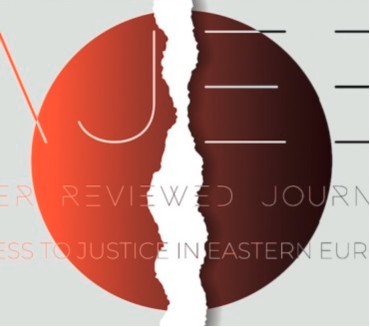Summary: 1. Introduction. – 2. The Advantages of Assigning a Judge for the Execution of Personal Status. – 3. Validity of Judgments in the Implementation of Personal Status Matters. – 4. The Prohibition of Travel for Wards. – 5. Implementing Judgments with a Foreign Element. – 6. Conclusions. – 6.1. Results. – 6.2. Recommendations.
Background: The enforcement of personal status judgments poses unique legal and procedural challenges, particularly in jurisdictions where family law is deeply intertwined with religious and cultural principles. The United Arab Emirates (UAE) has introduced a specialised execution judge for personal status matters to enhance procedural efficiency and safeguard family stability. This reform represents a significant departure from traditional execution mechanisms, granting the judge discretionary powers to modify enforcement conditions while addressing the sensitivities of family-related disputes. However, questions arise regarding the scope of judicial intervention, the adequacy of procedural safeguards, and the compatibility of this system with established legal principles, particularly in cases involving foreign judgments. This study critically evaluates these aspects and conducts a comparative analysis of the French legal system to explore best practices.
Methods: This research employs a doctrinal legal methodology, analysing statutory frameworks, judicial precedents, and legislative intent behind introducing the personal status execution judge in the UAE. A comparative legal analysis is conducted with the French legal system to examine procedural safeguards, jurisdictional limitations, and the role of judicial discretion in enforcing family law judgments. Special focus is given to the legal implications of modifying visitation rights, travel restrictions, and enforcement conditions, particularly in cross-border cases.
Results and Conclusions: The findings reveal that the appointment of a specialised execution judge for personal status matters offers notable advantages, including expedited enforcement, enhanced confidentiality, and tailored procedural mechanisms aligned with the unique nature of family disputes. However, the discretionary authority granted to the execution judge—particularly in modifying visitation schedules and prohibiting travel—raises concerns regarding the stability of judicial decisions and acquired rights. Additionally, the research highlights challenges in enforcing foreign personal status judgments, emphasising the need for clearer legislative provisions to address conflicts of laws. The comparative analysis with the French legal system underscores the importance of judicial expertise in family affairs and the necessity of integrating procedural safeguards to uphold fairness and legal certainty. The study recommends refining the scope of the execution judge’s powers, strengthening procedural protections, and reconsidering specific legislative terminologies to ensure a balanced approach between judicial efficiency and fundamental legal principles.

